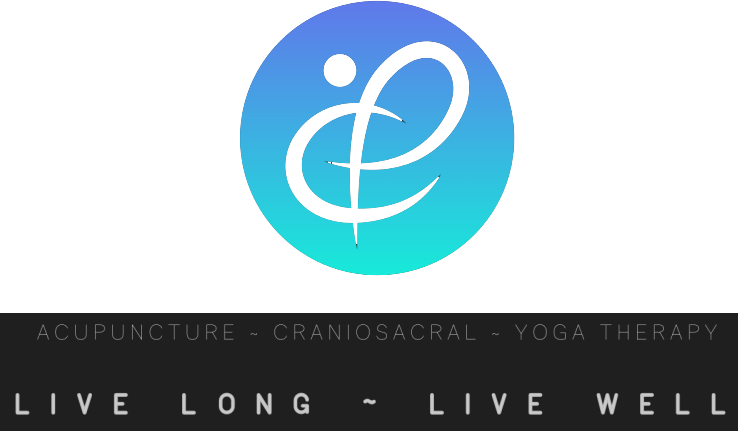Practice Health
When people are without debilitating health conditions, it is their task to stay healthy. How best can we do this?
The core principles of my work emphasize a holistic approach to health and wellness, integrating both physical and non-physical aspects of well-being. Here are several strategies to help individuals maintain health when free of debilitating conditions:
-
Regular Acupuncture Treatments: By receiving acupuncture sessions, individuals can manage stress, balance their energy, and maintain optimal bodily function. This non-invasive treatment can prevent the onset of illness by addressing imbalances before they manifest into visible symptoms.
-
Mindfulness and Stress Management: Engaging in mindfulness practices such as meditation, yoga, or tai chi can help maintain internal balance. These practices promote the integration of mind and body, enabling individuals to process emotions and enhance overall well-being.
-
Nutritional Awareness: Implementing a balanced diet rich in whole foods, seasonal fruits, and vegetables supports the body’s organ systems and energy flow. Education on nutrition helps individuals make conscious choices that nourish and sustain their health.
-
Detoxification Strategies: Encouraging regular detoxification through herbal remedies, proper hydration, and reducing exposure to environmental toxins can contribute to a healthier internal environment, promoting better organ communication and function.
-
Physical Activity: Incorporating regular physical activity, whether through exercise or movement practices, facilitates blood circulation and the flow of nutrients while helping to alleviate stagnation and maintain a healthy balance between Yin and Yang.
-
Emotional Awareness and Support: Acknowledging and addressing emotional trauma through therapeutic practices can help realign internal organ systems that might be disrupted by unresolved feelings. Therapy or support groups can be beneficial in working through emotional imbalances.
-
Community and Connection: Encouraging social relationships and a sense of community can foster emotional support and resilience, which are vital for maintaining health and balance in life.
-
Holistic Health Education: Educating individuals on the principles of holistic health, including the importance of balancing Yin and Yang, can empower them to take control of their health journey and make informed choices.
By implementing these strategies, individuals can cultivate a proactive approach to their health, ultimately enhancing their quality of life and longevity while navigating their well-being journey effectively.
Port Townsend, WA 98368-3057
